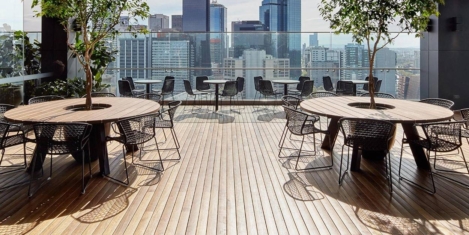November 14, 2016
Business association calls for action on high cost of childcare 0
 The British Chambers of Commerce and Middlesex University, have published a new survey to gauge the opinion of business leaders on the cost and availability of childcare and its impact on the workforce. The survey of businesses claims that a third of firms (33 percent) regard the availability of childcare as a key issue in recruiting and retaining staff. The survey of more than 1,600 business leaders across the UK also claims that over a quarter (28 percent) of firms have seen a reduction of working hours by staff due to the cost of childcare, while nearly 1 in 10 (9 percent) have seen employees leave their business. Although the survey suggests that nearly 40 percent of businesses already view government plans to double the availability of free childcare next year as likely to have a positive impact on their business, the BCC is calling on government to go further. It says the administration should consider the costs and benefits of a universal entitlement up until school entry, which would help more firms retain and promote productive staff, and help working parents progress.
The British Chambers of Commerce and Middlesex University, have published a new survey to gauge the opinion of business leaders on the cost and availability of childcare and its impact on the workforce. The survey of businesses claims that a third of firms (33 percent) regard the availability of childcare as a key issue in recruiting and retaining staff. The survey of more than 1,600 business leaders across the UK also claims that over a quarter (28 percent) of firms have seen a reduction of working hours by staff due to the cost of childcare, while nearly 1 in 10 (9 percent) have seen employees leave their business. Although the survey suggests that nearly 40 percent of businesses already view government plans to double the availability of free childcare next year as likely to have a positive impact on their business, the BCC is calling on government to go further. It says the administration should consider the costs and benefits of a universal entitlement up until school entry, which would help more firms retain and promote productive staff, and help working parents progress.





































